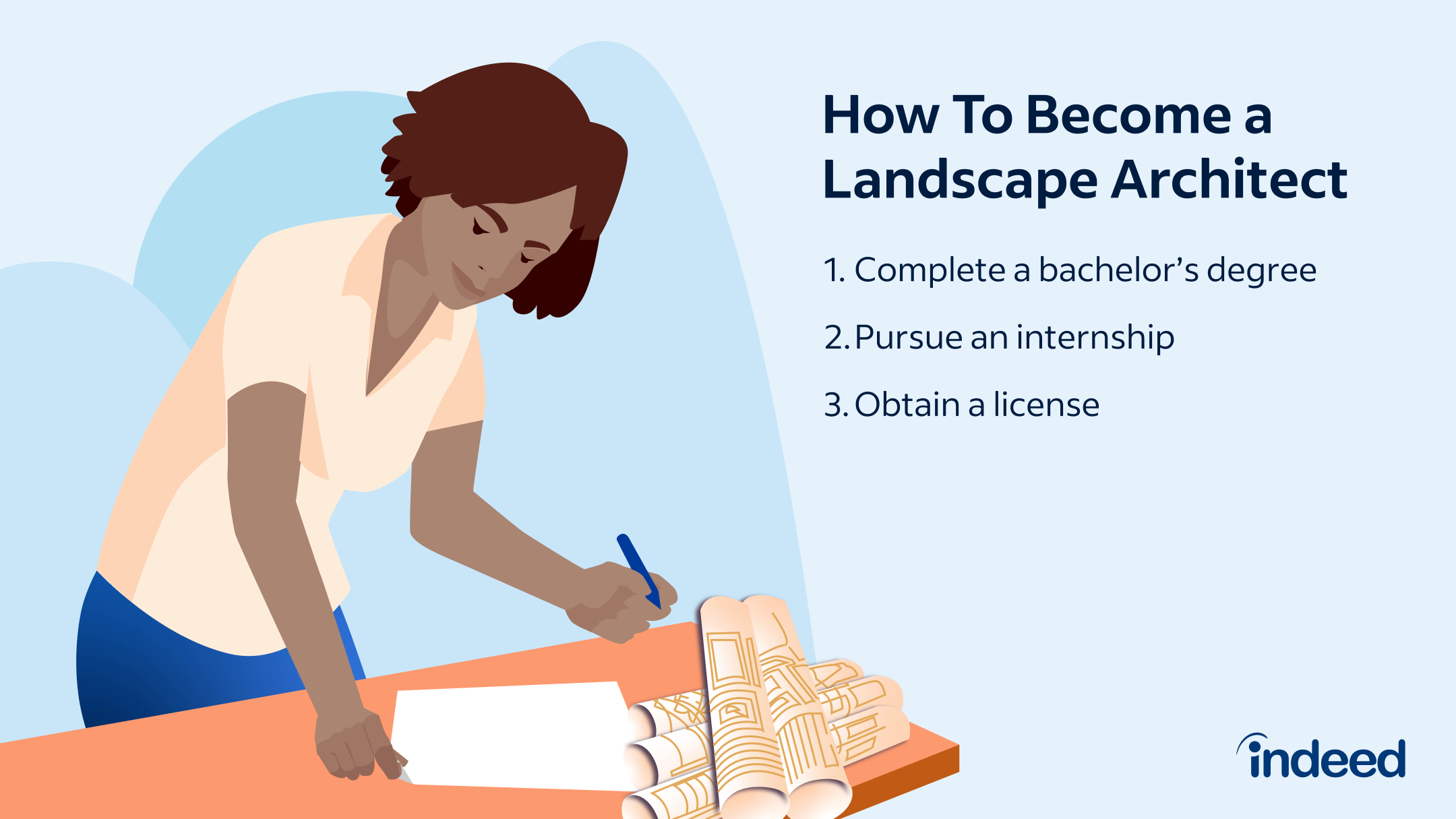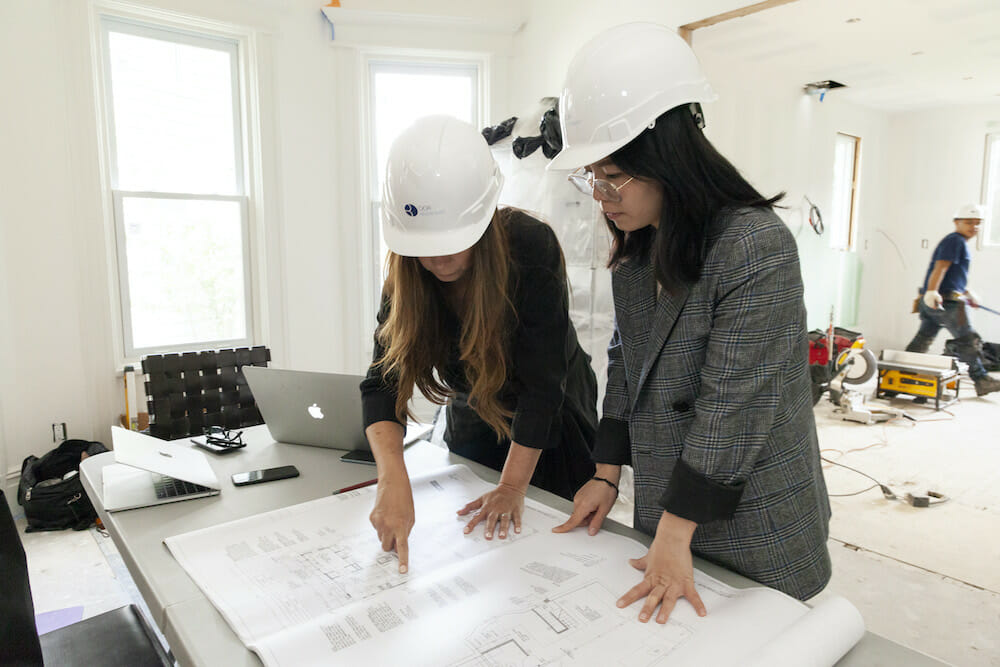Architect Checklist for Upcoming Commercial Projects
Architect Checklist for Upcoming Commercial Projects
Blog Article
Discover the Important Abilities and Qualities Every Architect Have To Possess
As a designer, you understand that success in your field surpasses simply technological abilities. It's concerning mixing creative thinking with usefulness, cultivating cooperation, and taking care of tasks properly. Each top quality plays a crucial duty in your capability to develop spaces that motivate and work well. However what are the certain abilities that can genuinely set you apart? Allow's explore the important attributes every Architect need to grow to prosper in this ever-evolving career.
Imagination and Technology
Creativity and advancement go to the heart of design, driving the design of areas that inspire and function flawlessly. As an architect, you'll require to assume outside the box, pressing limits to create one-of-a-kind remedies for your customers. You'll regularly discover new materials, methods, and innovations to improve your layouts. Embracing technology means staying ahead of patterns while being adaptable to alter.
You'll likewise attract ideas from various sources-- nature, art, and even day-to-day life can trigger fresh ideas. This ability to mix creativity with functionality permits you to attend to complicated troubles, ensuring your designs satisfy both functional and aesthetic needs.
Strong Interaction Abilities
While making remarkable spaces requires imagination, solid interaction abilities are simply as important for engineers. You require to convey your concepts clearly to clients, service providers, and employee. Listening is just as important; comprehending your client's vision assists you produce layouts that really meet their needs.
You'll commonly have to discuss complex concepts in such a way that's very easy to realize, whether you exist a proposition or talking about materials. Reliable interaction cultivates cooperation, guaranteeing everybody is on the very same web page throughout the task.
Structure connections is essential, also. When you develop trust fund and rapport, customers are more likely to share their problems and feedback, bring about better results.
Finally, don't take too lightly the power of body movement and visual aids. They can boost your message and make your presentations extra interesting. Strong interaction abilities not just elevate your styles however likewise strengthen your professional connections in the building world.
Technical Effectiveness in Design Software
As you navigate the ever-evolving world of style, understanding design software application ends up being crucial for converting your imaginative concepts into concrete strategies. Acquainting yourself with programs like AutoCAD, Revit, and SketchUp will not just enhance your style capabilities however also streamline your workflow. These devices permit you to create in-depth drawings, 3D designs, and even simulations that can aid you visualize and present your ideas better.
Exceling in these software applications also increases your partnership with professionals and engineers, as everyone can work from the same digital foundation. Furthermore, your capability to adjust to new innovations will certainly keep you competitive in the field. Frequently updating your skills and discovering new functions can establish you apart from your peers, guaranteeing your layouts are precise and ingenious. Ultimately, technological effectiveness in design software is a cornerstone of successful style, aiding you bring your visions to life.
Understanding of Engineering Concepts

Understanding design principles also allows you to prepare for potential difficulties early in the style process. You can make enlightened options that boost your styles when you're mindful of just how various materials behave under different problems. Your styles must not just be cosmetically pleasing yet sustainable and additionally functional.
Additionally, a solid grasp of engineering principles enables you to innovate within restrictions. You can push imaginative borders while still sticking to security standards. Inevitably, this understanding enriches your building method and establishes you apart in an affordable field.
Task Management Abilities
Efficient task administration abilities are necessary for designers, enabling you to oversee all aspects of a job from perception to conclusion. You'll need to collaborate with different stakeholders, consisting of service providers, designers, and clients, making sure every person's on the exact same page. Establishing clear goals, timelines, and budget plans is fundamental; it assists you maintain the task on course and within extent.
As an architect, you should likewise be experienced in danger management, determining prospective concerns before they rise. Solid communication skills are very important, allowing you to verbalize your vision and inspire your team. You'll take advantage of being arranged and detail-oriented, as this aids simplify processes and stay clear of pricey delays.
Additionally, adaptability is key; projects typically progress, and being flexible allows you to react successfully to adjustments. Ultimately, your job monitoring abilities can significantly you could try these out influence the success of your architectural endeavors, ensuring you provide quality outcomes promptly and within budget.
Focus to Detail
While managing tasks is crucial, your interest to information can make a significant distinction in the high quality of your job. Every line you attract, every material you pick, and every little specification you keep in mind contributes to the this website overall success of a project. You require to be precise, making certain that your layouts not just meet visual criteria however additionally follow building guidelines and codes.
Missing out on even a little detail can bring about expensive alterations or safety concerns down the line. By growing a keen eye for information, you improve your capacity to detect prospective problems before they escalate. This vigilance not only conserves you time and resources however additionally builds your reputation as a dependable Architect. Remember, it's typically the smallest information that boost a job from excellent to phenomenal. Embrace this skill, and let it guide your layout process, making certain that your vision is carried out perfectly.
Adaptability and Problem-Solving Skills
As an engineer, you'll frequently deal with unexpected adjustments in layout and project needs. Your capability to embrace these shifts and find ingenious solutions is essential for success. Remaining versatile in your technique not only improves your analytical skills but likewise maintains your projects on track.
Embracing Change in Style
Accepting change in layout is crucial for designers, particularly when guiding developing customer requirements and emerging innovations. You require to cultivate flexibility, as tasks usually change instructions based on new insights or restrictions. Being open to transform allows you to discover ingenious approaches and create options that reverberate with your clients.
When encountered with obstacles, your analytic skills enter play. You'll frequently need to reassess principles and readjust strategies on the fly, ensuring that the last result aligns with the client's vision while meeting security and regulatory standards. By being clever and flexible, you not just improve your layouts however additionally develop depend on with your customers, proving that you can browse the complexities of modern architecture successfully.
Innovative Solutions to Obstacles

Flexibility in Project Management
While navigating the intricacies of task monitoring, flexibility comes to be a crucial possession for designers. You'll often face unforeseen challenges, from layout adjustments to budget constraints, needing quick thinking and versatility. Accepting change enables you to pivot your methods and discover innovative options, making certain job success.
Solid problem-solving skills are essential; they allow you to examine situations, evaluate choices, and implement effective services on the fly. When working with diverse groups, being open to comments and different ideas promotes collaboration and triggers imagination.
Often Asked Concerns
What Educational Background Is Needed to End Up Being a Designer?
To end up being an engineer, you'll require at the very least a professional degree in design, often a Bachelor's or Master's. Getting and completing an internship licensure via examinations is necessary for your profession innovation.
How Crucial Is Networking in the Design Area?
Networking's vital in style. It aids you develop partnerships, uncover work opportunities, and gain insights from seasoned specialists. By linking with others, you boost your profession potential customers and remain updated on sector patterns and developments.
What Are the Typical Profession Paths for Architects?
Common profession courses for designers include layout duties in firms, job monitoring, metropolitan preparation, and specialized areas like lasting style. Architect. You could also explore mentor or consulting, depending on your experiences and rate of interests
Exactly How Can Designers Keep Updated With Industry Fads?
To remain upgraded with market fads, you must consistently go to meetings, join specialist organizations, register for pertinent publications, and involve with on the internet discussion forums. Connecting with peers additionally assists you obtain insights right into arising developments in design.
What Function Does Sustainability Play in Modern Design?
Sustainability forms contemporary architecture by emphasizing energy performance, resource conservation, and green materials. You'll develop areas that decrease environmental impact, improve occupant wellness, and reply to environment challenges, making your designs much more appropriate and impactful.
While designing amazing areas needs creativity, solid interaction skills are just as crucial for designers. Strong interaction abilities not only boost your layouts however also strengthen your professional partnerships in the architectural globe.
Proficiency in style software lays the foundation for a much deeper understanding of engineering principles, which is essential for architects.As an engineer, you'll commonly encounter unexpected changes in layout and project needs.Embracing change in style is necessary for designers, specifically when guiding evolving client demands and emerging innovations.
Report this page